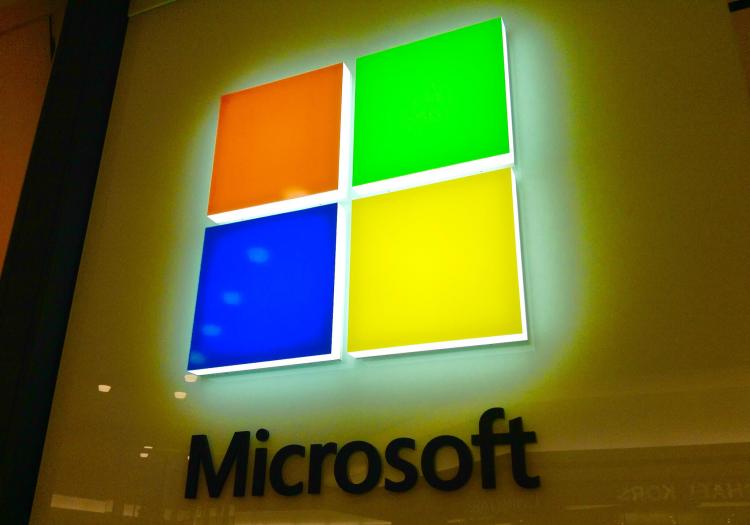Microsoft’s Build developer conference, easily the company’s biggest event of the year, is always popular. But this year, tickets for the three-day event, taking place May 10 to May 12, didn’t quite sell out as quickly as before. They went on sale yesterday at 9:00 a.m. Pacific, and Microsoft told VentureBeat the event sold out at 5:00 p.m. Pacific. Build 2017 thus took 8 hours to sell out.
For comparison’s sake, Build 2015 sold out in less than an hour, or about 45 minutes. Build 2016 still holds the record, selling out “in under 5 minutes,” or even in a single minute, per Microsoft’s chief developer evangelist Steven Guggenheimer.
Interestingly, Guggenheimer’s Twitter account was quiet this year, not mentioning Build at all yesterday. The rest of Twitter, however, was quite vocal on the subject, given the “too many requests” error many were seeing when trying to buy tickets on the Build website.
This is in contrast to last year, when the Build site very quickly and accurately declared that tickets were sold out. If you’re looking to attend this year, you can join the waitlist for tickets, which cost $2,195 each. The event will also be livestreamed, as in previous years.
June 5th: The AI Audit in NYC
Join us next week in NYC to engage with top executive leaders, delving into strategies for auditing AI models to ensure fairness, optimal performance, and ethical compliance across diverse organizations. Secure your attendance for this exclusive invite-only event.
The technical issues likely affected ticket sales this year. Another possible factor for the 8-hour versus 1-minute discrepancy is that the event isn’t in San Francisco this year. Build 2017 is being held in Seattle, closer to Microsoft’s Redmond headquarters but further away from Silicon Valley. Still, the event sold out, even if it wasn’t in record time.
While Build is a developer event, it also features a huge amount of company news. Last year, Microsoft announced a ton of new products and feature updates.
This year, Microsoft will undoubtedly talk about Windows 10, HoloLens, Visual Studio, .NET, Azure, Xbox, and everything in between. We expect there will be a big focus on AI, mixed reality, and the cloud.


